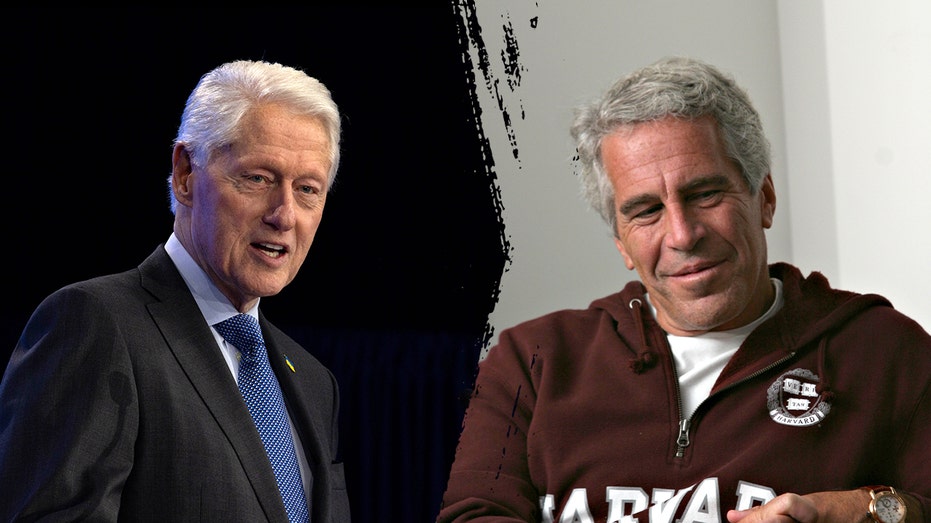The Oval Office held an unusual tableau on November 21st, 2025: a meeting between President Trump and New York City’s newly elected Mayor, Zohran Mamdani. The atmosphere, despite potential friction, was described as “productive” by both men, hinting at a surprising willingness to collaborate on the challenges facing the nation’s largest city.
Trump, extending congratulations, emphasized a shared ambition. “We have one thing in common,” he declared to reporters, “We want this city of ours that we love to do very well.” He lauded Mamdani’s hard-fought campaign, acknowledging his victories against formidable opponents in the primaries and beyond. The President highlighted potential areas of agreement, specifically addressing the pressing issues of housing, food costs, and the price of oil.
The meeting, initially private, opened to a press conference around 4 pm ET. Trump seized the opportunity to underscore the potential benefits of his administration’s policies for New York City, pointing to reports of significant price reductions on Thanksgiving staples. He expressed optimism, stating that Mamdani’s success would be a source of personal satisfaction, dismissing any partisan divides.

Mamdani, in turn, focused on the urgent needs of New York’s eight and a half million residents. He spoke passionately about the struggle for affordability in a city increasingly out of reach for many, emphasizing the need to address rent, groceries, and utilities. He expressed gratitude for the President’s willingness to engage in a discussion centered on improving the lives of New Yorkers.
A startling prediction punctuated the press conference. Trump asserted that Mamdani was “going to change,” suggesting he might even “surprise some conservative people.” He acknowledged the Mayor’s unconventional views but expressed confidence in a collaborative path forward, hinting at his own capacity for evolution.
A pointed exchange with New York Post reporter Stephen Nelson revealed the depth of the ideological chasm between the two leaders. Trump casually labeled Mamdani a “communist,” while Mamdani, in the past, had branded Trump a “despot” and accused him of fascist tendencies. Yet, Trump remained remarkably sanguine, stating he felt “very confident” in Mamdani’s ability to succeed.
Mamdani skillfully redirected the focus, emphasizing the shared goal of serving New Yorkers. He appreciated that the conversation centered on common purpose, despite their many disagreements, and the potential to alleviate the cost of living crisis gripping the city. He spoke of transforming the lives of those struggling to simply afford to live in New York.
Trump, characteristically unfazed by the accusations leveled against him, quipped that he’d been called worse than a despot. He playfully suggested that Mamdani’s perspective might shift once they began working together, hinting at the possibility of a surprising alliance forged in the crucible of urban challenges.
The meeting concluded with a sense of cautious optimism, a fragile bridge built between two seemingly disparate worlds. The future of New York City, and the nature of this unlikely partnership, remained an open question, poised on the edge of possibility.





